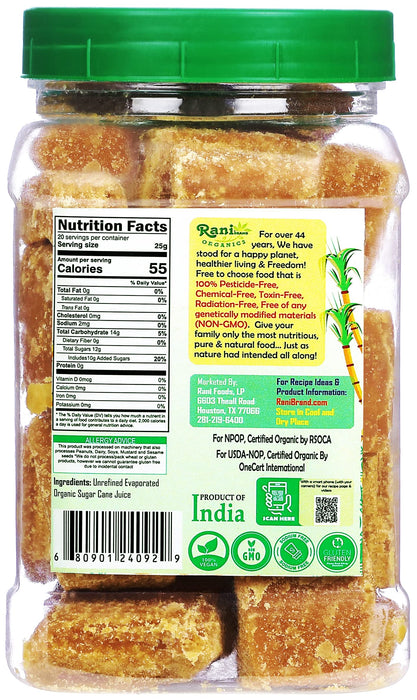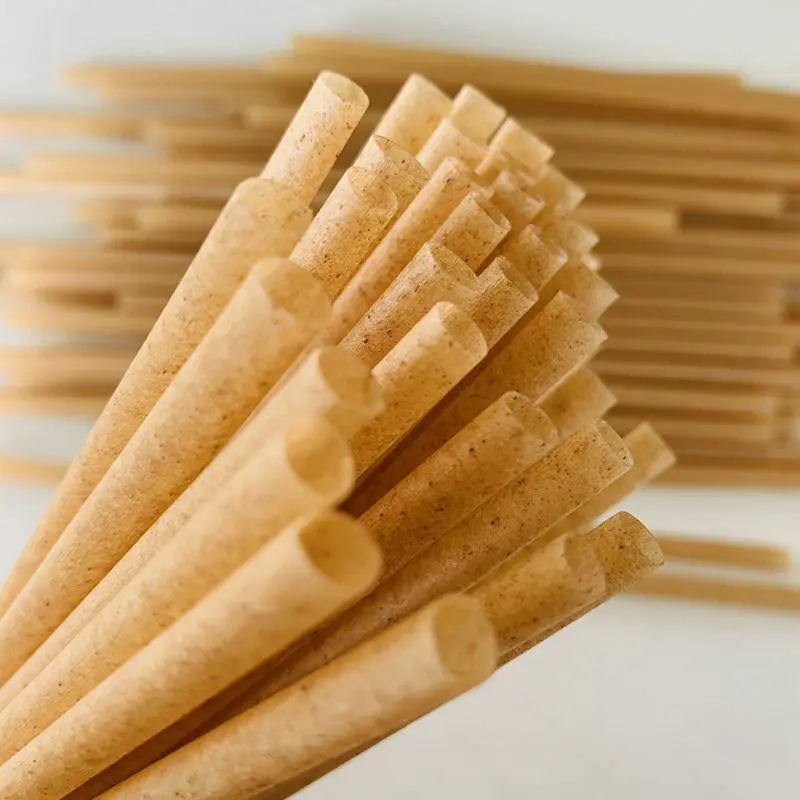Sugarcane Product: A Pure Sweetener for Wellness-Focused Individuals
Sugarcane Product: A Pure Sweetener for Wellness-Focused Individuals
Blog Article
Lasting Sugarcane Products: From Sweeteners to Eco-Friendly Goods
The possibility of lasting sugarcane products expands beyond traditional sweeteners to encompass an array of green goods, presenting an engaging instance for their integration right into modern-day consumer practices - sugarcane product. As the globe grapples with pushing ecological issues, sugarcane becomes a flexible resource efficient in dealing with both nutritional demands and sustainability objectives. This conversation will explore exactly how innovations in sugarcane farming and processing can bring about significant innovations in eco-friendly packaging and eco-conscious textiles. What implications might these advancements have for future customer options and environmental impact?
Review of Sugarcane Sustainability
As the need for ecologically pleasant items expands, recognizing sugarcane sustainability ends up being increasingly crucial. Sugarcane, a versatile crop, is grown mostly in subtropical and tropical regions, and its sustainability is essential for both environmental wellness and economic stability. Sustainable sugarcane farming techniques concentrate on decreasing environmental influence while making best use of efficiency and productivity.
Trick aspects of sugarcane sustainability include efficient land usage, minimized chemical input, and boosted water management. Practices such as crop turning, incorporated bug administration, and organic fertilizing add to soil wellness and biodiversity. In addition, ingenious modern technologies, such as accuracy agriculture, aid enhance source use and minimize waste.
Additionally, sugarcane is a renewable energy, with spin-offs that can be made use of in various sectors, from biofuels to biodegradable plastics, therefore minimizing dependence on nonrenewable fuel sources and diminishing carbon impacts. Accreditations like the Bonsucro common encourage lasting methods across the supply chain, promoting transparency and responsibility.

Sugarcane-Based Sugar
Making use of sugarcane as a key source, sugarcane-based sugar have gotten prominence as natural options to artificial sweeteners and refined sugars (sugarcane product). These sugar, stemmed from the extraction and processing of sugarcane juice, provide a variety of items that cater to diverse consumer preferences, consisting of natural and minimally processed choices
Among one of the most noteworthy sugarcane-based sweeteners are raw walking stick sugar, panela, and molasses. Raw cane sugar maintains more of the all-natural flavors and nutrients located in sugarcane, making it a popular selection for health-conscious customers. Panela, a typical Latin American sweetener, is generated by vaporizing sugarcane juice, maintaining its natural minerals and vitamins. Molasses, a byproduct of sugar removal, is rich in antioxidants and crucial nutrients, working as a nutritious sweetening representative in different culinary applications.
The expanding need for sugarcane-based sugar is driven by increasing awareness of wellness and sustainability problems associated with traditional sugar. By selecting sugarcane-derived items, customers not just sustain lasting agricultural methods but likewise add to a much healthier way of life, straightening their dietary options with their environmental worths.
Biodegradable Product Packaging Solutions
Emerging as a practical choice to standard plastics, naturally degradable packaging services stemmed from sugarcane are changing the packaging industry. These ingenious materials provide an eco-friendly alternative that addresses the growing concerns over plastic pollution. Utilizing the all-natural sugars found in sugarcane, suppliers are developing numerous types of naturally degradable packaging, consisting of films, containers, and wraps that decompose much more quickly than typical plastics.
The main advantages of sugarcane-based product packaging lie in its renewable sourcing and its ability to damage down right into non-toxic results. Unlike fossil fuel-derived plastics, which can continue the atmosphere for hundreds of years, sugarcane packaging commonly breaks down within a couple of months under appropriate conditions. This decrease in waste not just mitigates landfill overflow however also decreases the carbon footprint related to packaging materials.
Additionally, sugarcane-derived product packaging maintains robust performance qualities, offering why not try these out equivalent durability and performance to standard choices. As consumers and services progressively focus on sustainability, the adoption of eco-friendly packaging services stands for a significant step towards a circular economic climate, where products are recycled and regenerated as opposed to thrown out. This change not only enhances brand name picture however additionally adds to a more sustainable future for the planet.
Eco-Friendly Textiles and Fabrics
Eco-friendly textiles and fabrics are obtaining traction in the fashion and home goods sectors as consumers progressively require lasting alternatives to traditional products. Among the significant choices are materials originated from sugarcane, which supply an environmentally liable option to synthetic fibers. These textiles are created through a process that makes use of the eco-friendly resources found in sugarcane, dramatically minimizing reliance on petroleum-based products.

Brand names are significantly incorporating eco-friendly fabrics right into their product, mirroring a more comprehensive dedication to sustainability. This shift is not just a fad but a needed evolution in reaction to environmental concerns. As the marketplace for lasting textiles increases, customers can expect innovative layouts that integrate design with environmental obligation. Ultimately, environment-friendly textiles address and textiles represent a significant step towards reducing the fashion business's environmental footprint while dealing with the expanding demand for responsible customer selections.
Developments in Lasting Farming
Reinventing farming practices, technologies in lasting farming are changing the method crops are grown and managed. These improvements concentrate on lessening ecological effect while maximizing performance and performance. Strategies such as precision farming utilize data analytics and satellite images to enhance source use, making sure that water, plant foods, and pesticides are applied only where required. This targeted method not just reduces waste but also improves crop yields.

Furthermore, agroecology, which integrates ecological principles right into farming, advertises biodiversity and soil health and wellness. Practices such as plant turning, cover cropping, and intercropping foster durable ecological communities that can stand up to bugs and climate variants - sugarcane product. In addition, using organic plant foods and biopesticides adds to healthier dirts and communities

With each other, these technologies are not only improving the farming landscape yet also contributing to a more sustainable future for sugarcane and various other crops, aligning farming experiment ecological stewardship.
Verdict
Sustainable sugarcane items represent a substantial advancement in green options, extending from natural sweeteners to naturally degradable goods. The growing of sugarcane through lasting methods not only improves environmental wellness but likewise adds to financial feasibility. As consumer choices increasingly lean in the direction of sustainable alternatives, the convenience of sugarcane as a renewable energy comes to be increasingly appropriate. This trajectory highlights the relevance of ongoing development and commitment to lasting methods within the sugarcane industry, promoting a more sustainable future.
The possibility of sustainable sugarcane items prolongs beyond traditional sweeteners to include an array of green goods, presenting an engaging situation for their integration into modern-day customer methods. Sustainable sugarcane farming practices concentrate on minimizing environmental impact while maximizing performance and success.
Sustainable sugarcane items stand for a considerable improvement in green options, covering from all-natural sugar to biodegradable goods. The growing of sugarcane with sustainable techniques not only enhances environmental health and wellness but likewise contributes to economic stability. As customer preferences progressively lean in the direction of sustainable options, the versatility of sugarcane as an eco-friendly resource comes to be significantly relevant.
Report this page